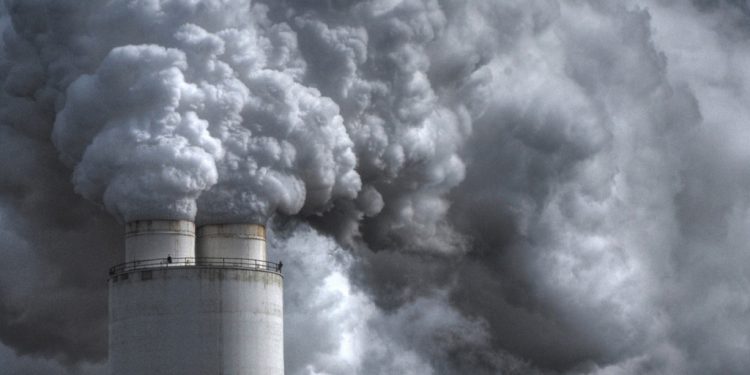#agriculture #sustainability #potatoproduction #nitrogenemissionrules #precisionagriculture #globalfoodsecurity
The Dutch government’s new nitrogen emission rules have triggered concerns among farmers and industry experts, particularly those involved in French fry production. As a vital element of the global food supply chain, the potential impact of these regulations on potato production and its knock-on effects on the food industry warrant closer examination.
The new Dutch nitrogen rules could potentially reduce the yield of potato crops by up to 10%, causing a significant setback to French fry production. The Netherlands is the world’s second-largest exporter of frozen potato products, accounting for over 1.5 million tons annually. Any disruption in the country’s potato production would not only affect its own economy but also impact the global food market.
The nitrogen emission rules, which came into force on May 1, 2023, aim to reduce nitrogen emissions from agriculture, construction, and transportation by 50% by 2030. This new regulation will affect nearly 34,000 Dutch farmers who will have to adapt their farming practices to comply with the new standards.
Farmers, agronomists, agricultural engineers, and farm owners must prioritize sustainable farming practices that balance production with environmental protection. The use of precision agriculture, such as digital mapping and remote sensing, can help farmers optimize their use of resources and minimize their environmental impact. The use of cover crops, reduced tillage, and crop rotation can also help reduce nitrogen leaching and improve soil health.
The Dutch nitrogen rules present a critical challenge to the agricultural industry and must be approached with caution and innovative solutions. The sustainability of potato production and its impact on global food security cannot be underestimated. Farmers and industry experts must work together to ensure the continuity of agricultural production while minimizing the environmental impact.







